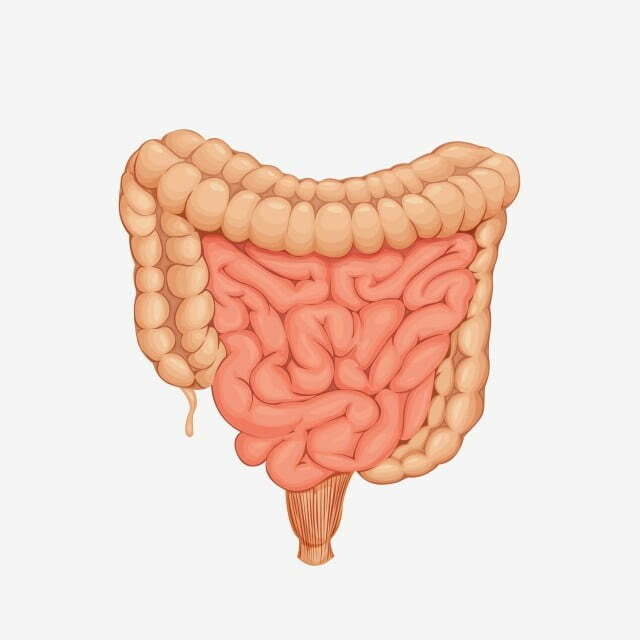Background:#nbsp;Nanoparticles (NPs) administered orally will meet the gut microbiota, but their impacts on microbiota homeostasis and the consequent physiological relevance remain largely unknown. Here, we describe the modulatory effects and the consequent pharmacological outputs of two orally administered fullerenols NPs (Fol1 C60(OH)7(O)8#nbsp;and Fol113 C60(OH)11(O)6) on gut microbiota.
Results:#nbsp;Administration of Fol1 and Fol113 NPs for 4 weeks largely shifted the overall structure of gut microbiota in mice. The bacteria belonging to putative short-chain fatty acids (SCFAs)-producing genera were markedly increased by both NPs, especially Fol1. Dynamic analysis showed that major SCFAs-producers and key butyrate-producing gene were significantly enriched after treatment for 7-28 days. The fecal contents of SCFAs were consequently increased, which was accompanied by significant decreases of triglycerides and total cholesterol levels in the blood and liver, with Fol1 superior to Fol113. Under cultivation in vitro, fullerenols NPs can be degraded by gut flora and exhibited a similar capacity of inulin to promote SCFA-producing genera. The differential effects of Fol1 and Fol113 NPs on the microbiome may be attributable to their subtly varied surface structures.
Conclusions:#nbsp;The two fullerenol NPs remarkably modulate the gut microbiota and selectively enrich SCFA-producing bacteria, which may be an important reason for their anti-hyperlipidemic effect in mice.
Keywords:#nbsp;Blood lipids; Butyrate-producing bacteria; Fullerenols; Gut microbiota; Short-chain fatty acid (SCFA).
